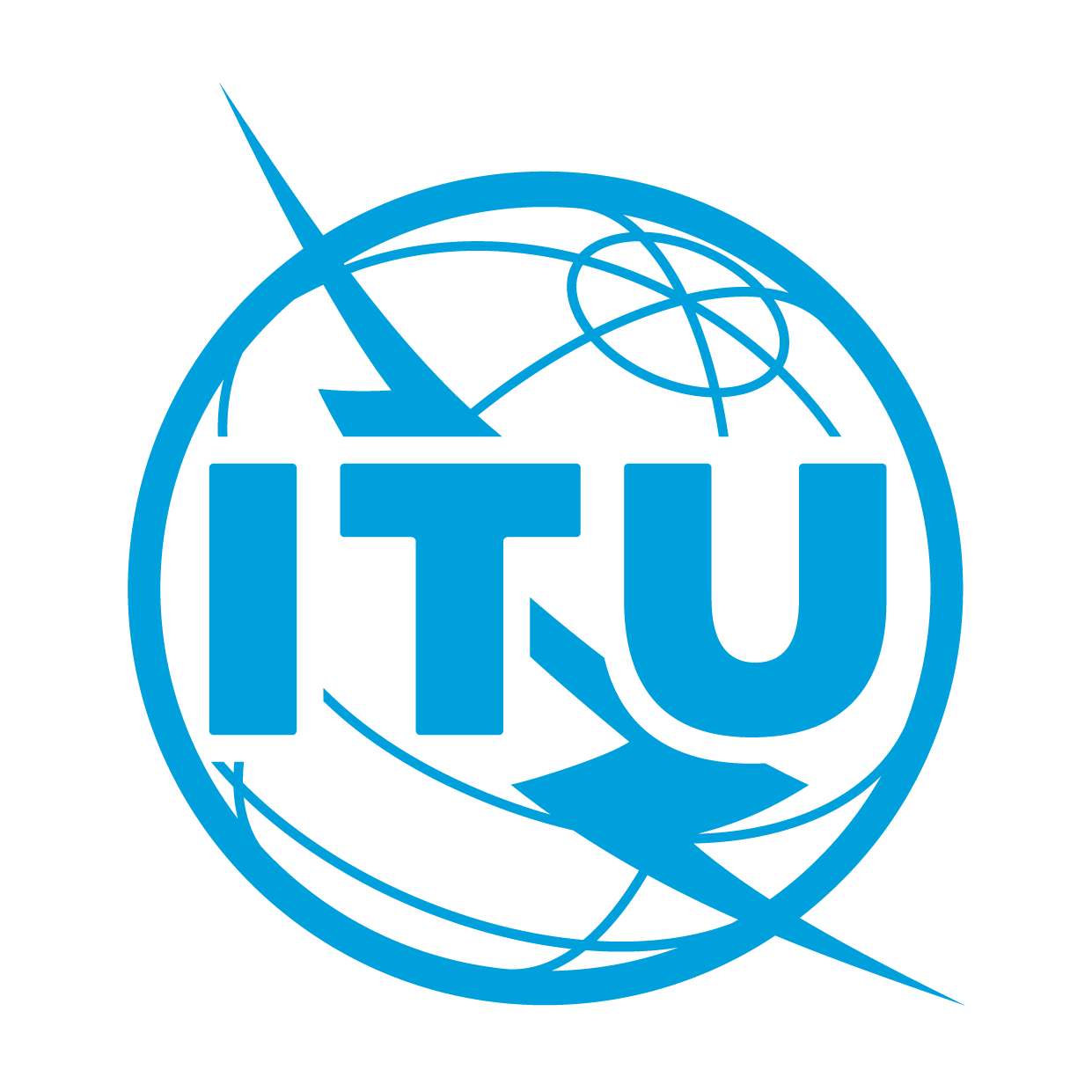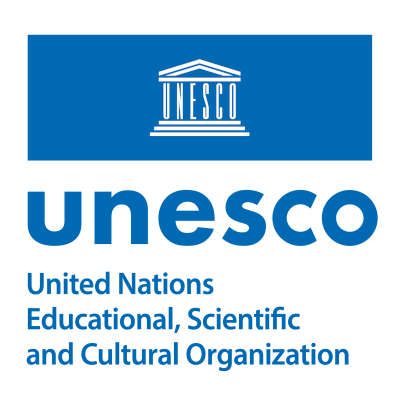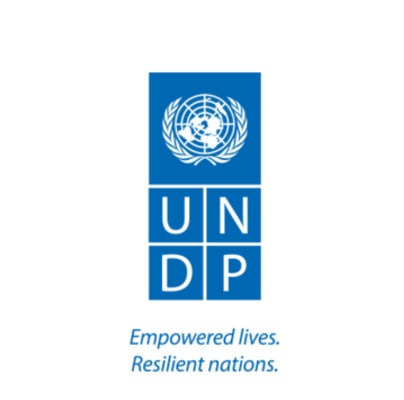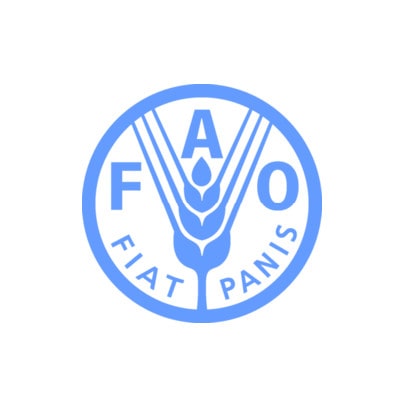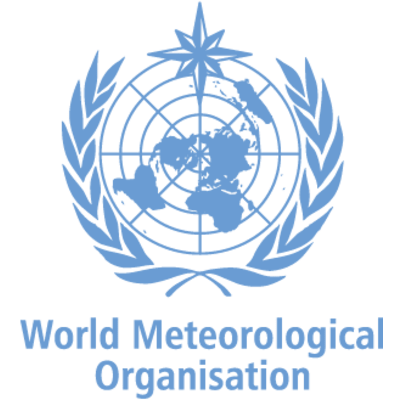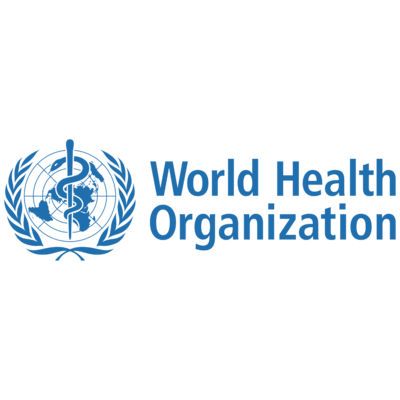20-Year Reports on the Implementation of WSIS Outcomes
WSIS Forum in 2025, branded as the WSIS+20 High-Level Event 2025, will facilitate multistakeholder dialogue and drive action by assessing achievements, key trends, and challenges since the 2003 Geneva Plan of Action. It will also provide a crucial platform for the international community to build on the outcomes of the Summit of the Future and strengthen global digital cooperation for a renewed, forwardlooking vision. Ahead of the UN General Assembly's (UNGA) twenty-year review, the event will provide an opportunity to review the progress made in the implementation of the WSIS Outcomes under the mandates of participating agencies and to take stock of the achievements made in the last 20 years based on reports of WSIS Stakeholders, including those submitted by ITU Member States and other stakeholders.
All WSIS Stakeholders and ITU Member States are encouraged to submit 20-Year Reports on the Implementation of the WSIS Outcomes based on the corresponding templates below:
-
Invitation to submit 20-year country report
-
Country 20-year reporting template
Send 20-year reports to wsis-info@itu.int
Received 20-year country reports
| Country | Status |
|---|---|
| Georgia | |
| Greece | |
| Iran (Islamic Republic of) | |
| Poland | |
| Senegal | |
| South Africa | |
| Tanzania | |
| Uganda |
-
Invitation to submit 20-year stakeholder report
-
WSIS stakeholder 20-year reporting template
Send 20-year reports to wsis-info@itu.int
Received 20-year stakeholder reports
| Country | Status |
|---|---|
| Bangladesh NGOs Network for Radio and Communication, Bangladesh | |
| Mul Biotech Farms, India | |
| TakingITGlobal, Canada |
WSIS+20 Review Action Lines Milestones, Challenges and Emerging Trends beyond 2025
The WSIS Action Lines serve as a key framework for advancing progress towards the achievement of SDGs. The WSIS Action Lines cover eleven areas of focus with technology serving as a key enabler for sustainable development. The WSIS-SDG Matrix, developed by the UN Action Line Facilitators, clearly shows the linkage between each Action Line and the 17 SDGs and provides rationale for each.
| Action Line | Status |
|---|---|
| C1. The role of public governance authorities and all stakeholders in the promotion of ICTs for development | |
| C2. Information and communication infrastructure | |
| C3. Access to information and knowledge | |
| C4. Capacity building | |
| C5. Building confidence and security in the use of ICTs | |
| C6. Enabling environment | |
| C7. ICT applications: benefits in all aspects of life E-government, E-business, E-learning, E-health, E-employment, E-environment, E-agriculture, E-science | |
| C7. ICT applications: E-government | |
| C7. ICT applications: E-business | |
| C7. ICT applications: E-learning | |
| C7. ICT applications: E-health | |
| C7. ICT applications: E-employment | |
| C7. ICT applications: E-environment | |
| C7. ICT applications: E-agriculture | |
| C7. ICT applications: E-science | |
| C8. Cultural diversity and identity, linguistic diversity and local content | |
| C9. Media | |
| C10. Ethical dimensions of the Information Society | |
| C11. International and regional cooperation |


